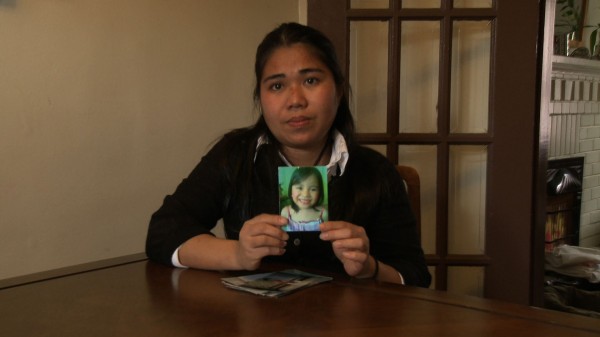
Given the huge number of Filipino overseas foreign workers, it’s not surprising that there are stories across the Filipino diaspora about domestic workers who are abused in their overseas jobs in Asia and the Middle East. I was surprised, though, to hear about such abuse in the US. A Filipino domestic worker, with the help of the Asian American Legal Defense and Education Fund (AALDEF), is suing a Rhode Island couple for violating federal laws on human trafficking. The lawsuit says that the worker, who had taken care of the couple’s five children in the United Arab Emirates, was promised to be paid in dollars and to work five days a week. Instead, her family in the Philippines was paid in dirham, and she was not allowed any days off or allowed to talk to anyone outside of the household, basically working as a slave.
This case might seem unusual, but trafficking in domestic workers is said to be not uncommon and not only from the Philippines but from other parts of Asia and Africa as well. Some of the worst abuses in the US are said to be done by diplomats and the staff of international organizations, and we have written about the exploitation of nannies in Canada. Journalist Susan McClelland puts their stories in a larger context. “I’ve written about sex trafficking, but caregiver trafficking is something we are now finding out about too.” AALDEF attorney Ivy Suriyopas, who leads an Anti-Trafficking Initiative, says:
The prevalence of human trafficking cases involving domestic workers is striking. They are extremely vulnerable to exploitation and abuse due to their isolation in the household and reduced protections under federal and state employment laws. In this case, our client was a recent immigrant with little knowledge of her rights, no familiarity with her surroundings or access to public transportation, and no known friends or family in the United States.
What makes matters even harder for domestic workers all over the world, including the United States, is that the typical labor protections most workers enjoy, like overtime requirements, do not apply. New York recently passed a domestic workers rights bill, and advocates in California have been pushing for better rights for domestic workers. Laws like this can have unintended consequences. Canada passed a law that reduces the vulnerability of live in caregivers, but one effect has been to make obtaining such workers extremely difficult, reducing jobs for prospective nannies and making it difficult for families needing help to find it. Still, it can be hard to take advantage of such laws if you don’t know about them or are unable to get them enforced. If you are sufficiently desperate for work, you will ignore such laws even if you did know about them.
It is sad that people working in the most intimate circles – in our homes and with our families – are valued so little. Meanwhile, trafficking and abuse of domestic workers continues to go on all over the world.
[Photo Credit: (c) The Nanny Business: Used by Permission]








